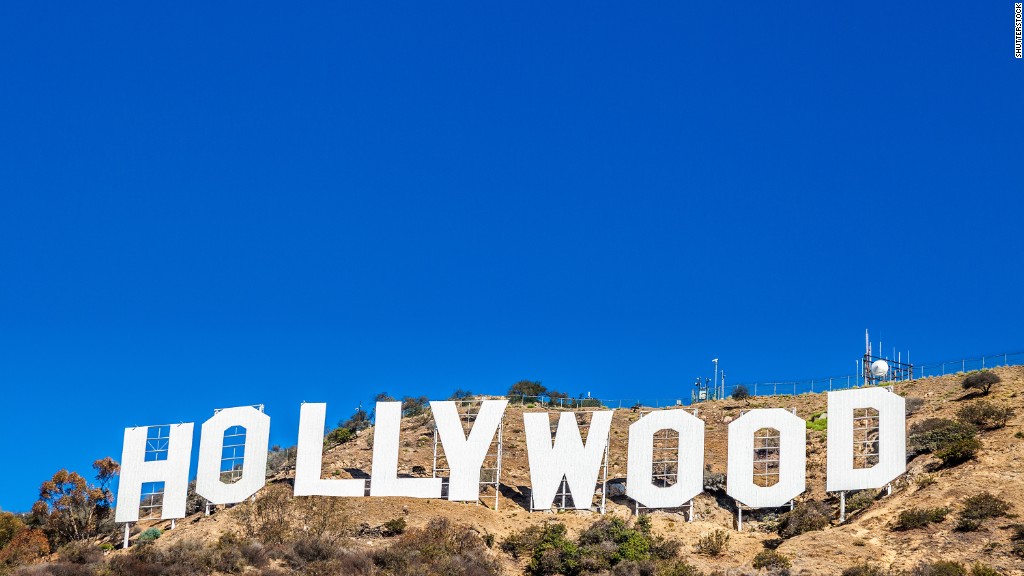
The demand for female directors in the television industry has led to an unexpected problem for people like NBC Entertainment President Jennifer Salke, especially around pilot season: There are no experienced female directors to be found.
"There are six or seven names that the whole town is clamoring to get, and they might be working on a movie or one of the 450 other things, like "The Handmaid's Tale" or whatever they're doing," Salke told CNN Money. "So the odds of you getting one of those seasoned female directors to come on and take on a pilot or an episode are already so daunting because of the plethora of opportunity available for them."
Finally, she became fed up.
"It's time to do something about it," she said. "It's ridiculous."
On Thursday, NBC announced the start of Female Forward, an initiative that aims to build toward having the same number of female and male directors at the helm of the network's scripted episodes.
Through the program, which builds upon an existing emerging directors program, 10 female directors will be able to direct an episode of an NBC series after completing up to three "shadowing" gigs on any scripted show from the network's slate.
Salke teamed up with acclaimed director Lesli Linka Glatter, whose work on "Mad Men" and "Homeland" made her among the most in-demand female TV directors around.
Glatter directs a few episodes of NBC's upcoming "Law & Order True Crime: The Menendez Murders."
NBC's existing program for finding diverse directors didn't go far enough, as Salke sees it. The program would give participants a chance to shadow, but without an episode credit to their name, it carried little weight in an industry where you often get your next gig based on what you've done before.
"I was just really sick about this last round about where my executives were coming in pulling their hair just like, "We just lost the one new female director we had because she got pulled onto another show. And there's just not another name,'" Salke said. "It was frustrating. So I said, 'Let's stop the madness.'"
Salke sees the issue as something that's not "malicious," but the product of a flawed system. So she's aiming to fix the system.
"I was saying this to someone earlier, some of these showrunners and producers, they have a brand new show, they want to hire the directors they know and because of the system...most of them tend to be white guys."
The new program sets in motion lasting change, according to Salke. ("Ten becomes twenty becomes thirty over the course of a couple of years," she said.)
NBC's program joins a host of others that have looked to increase opportunities for female directors.
Last year, FX president John Landgraf called upon his series showrunners to increase the number of female and diverse directors after a study by the Directors Guild of America found that 88 percent of the network's episodes were directed by white males in the 2014 - 2015 season.
Ryan Murphy, meanwhile, created the Half Foundation to mentor women, people of color and/or members of the LGBTQ community in the TV industry, with the goal of having at least 50 percent of his television episodes helmed by a member of one or more of those communities.
"I think people aren't going to put up with it anymore," Salke said. "It's not the real world, it's not what should be happening and I think it's an embarrassment that [the industry has] made such little progress as far as the numbers."


